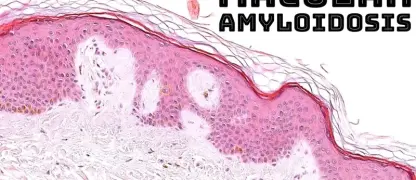Experiencing strange, multi-system symptoms with no clear cause? Understanding Mast Cell Activation Syndrome could provide the answers you need to regain control of your health. Don't dismiss your symptoms.
What are the main causes of Mast Cell Activation Syndrome?
- What is MCAS? It occurs when mast cells, a type of immune cell, mistakenly release excessive amounts of chemical mediators like histamine.
- While the exact cause is unknown and may be genetic, specific MCAS triggers like stress, foods, or temperature changes can provoke these inappropriate reactions.
- This over-reactivity leads to a wide range of chronic inflammatory and allergic-type symptoms affecting multiple body systems simultaneously.
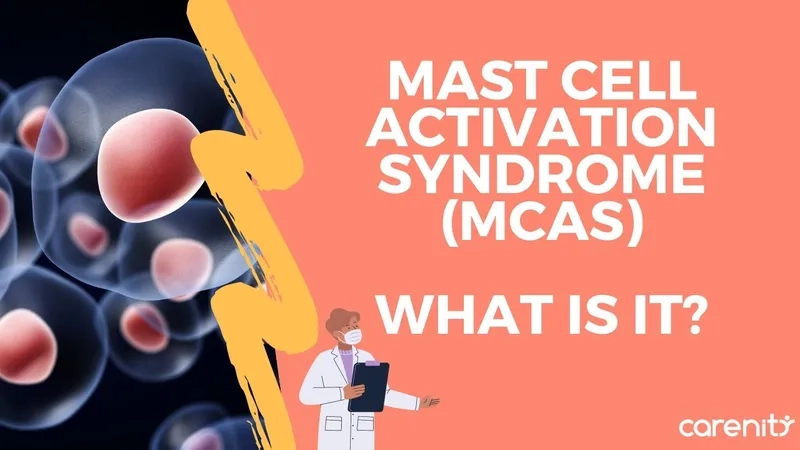
Key symptoms of Mast Cell Activation Syndrome to watch for
- Common MCAS symptoms include hives, flushing, itching, and swelling, closely resembling a severe allergic reaction or high histamine intolerance.
- Patients often experience gastrointestinal issues, rapid heart rate, brain fog, and severe fatigue, which can be debilitating.
- Respiratory problems like wheezing and nasal congestion, along with widespread musculoskeletal pain, are also frequently reported by those with the syndrome.
How can you prevent Mast Cell Activation Syndrome flares effectively?
- The most crucial step is identifying and avoiding personal MCAS triggers, which can range from certain foods and chemicals to physical or emotional stress.
- Following a specific MCAS diet, often a low histamine diet, can significantly help reduce the overall mediator load and minimize daily symptoms.
- An effective MCAS treatment plan often includes medications like mast cell stabilizers and antihistamines to prevent the release of chemical mediators.
>>> Don't miss: Fabry disease – signs, symptoms and care options
Image of the disease Mast Cell Activation Syndrome
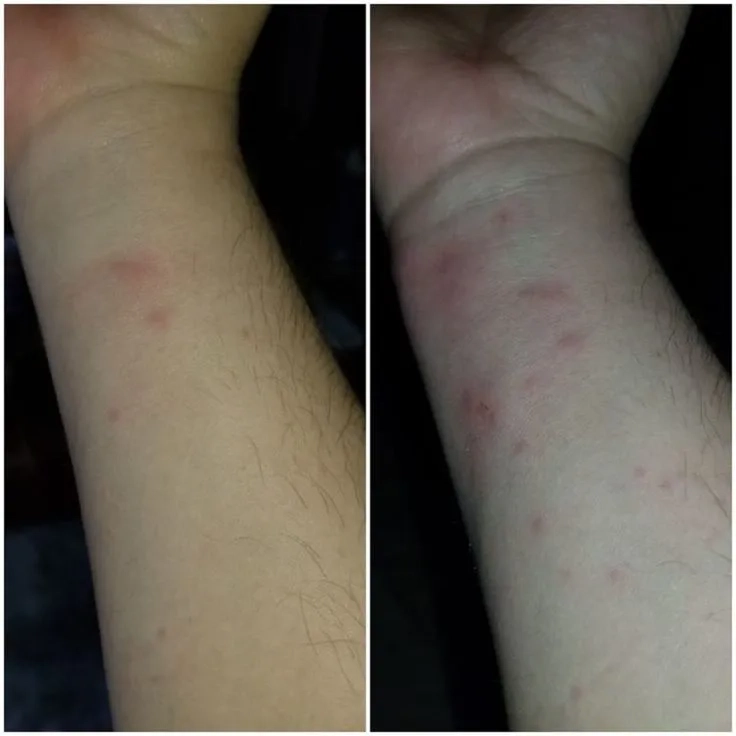
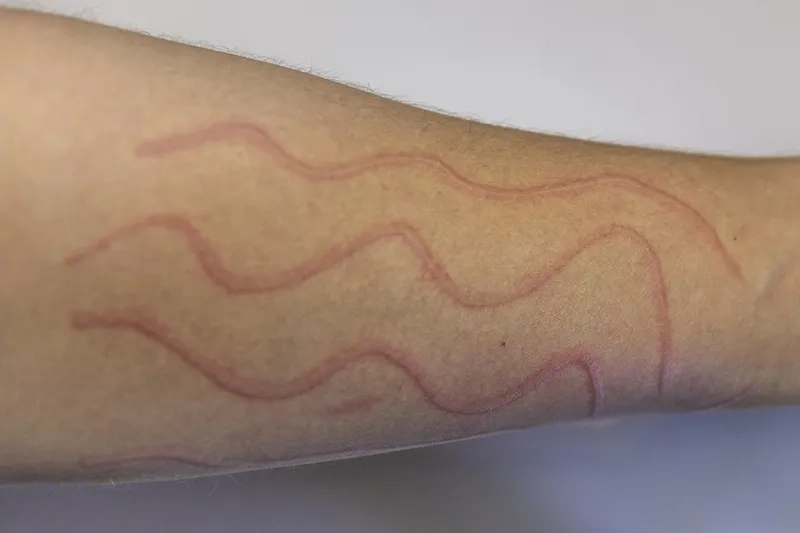
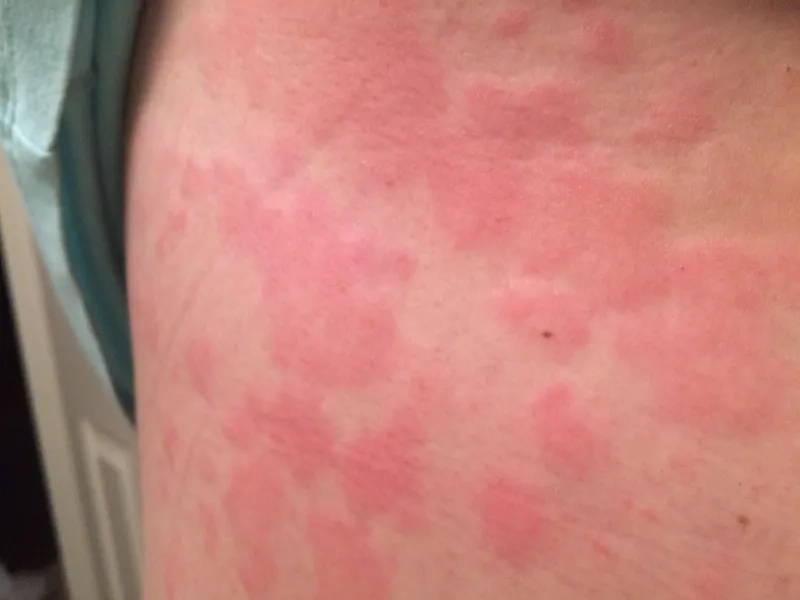

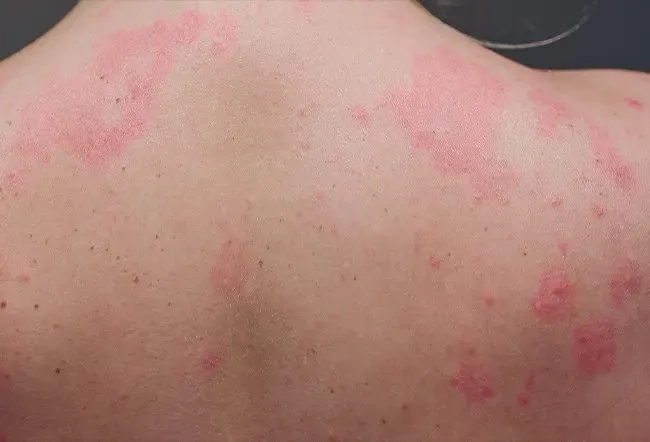
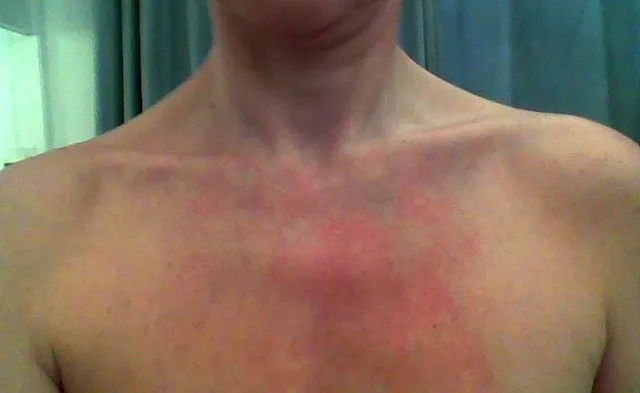

>>> Discover more: Pompe disease – symptoms, diagnosis and treatment
Living with MCAS requires a comprehensive approach. If you suspect this condition, consult a knowledgeable healthcare provider for a proper diagnosis and a personalized treatment plan.
>>> Add more knowledge: Amyloidosis – causes, symptoms and care options



